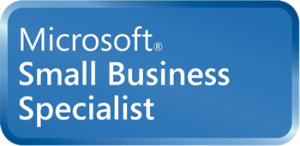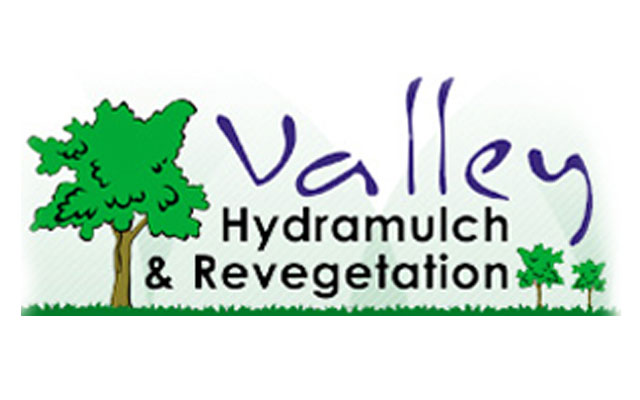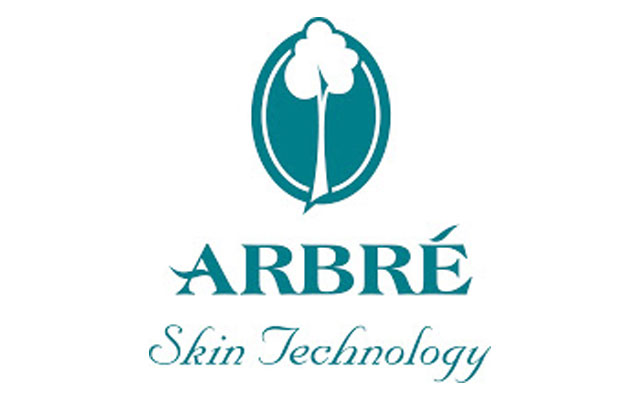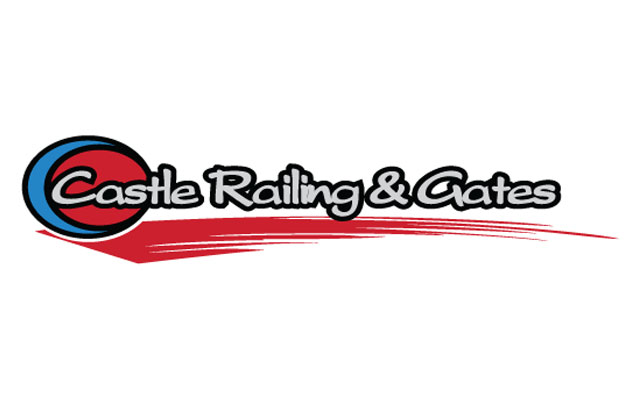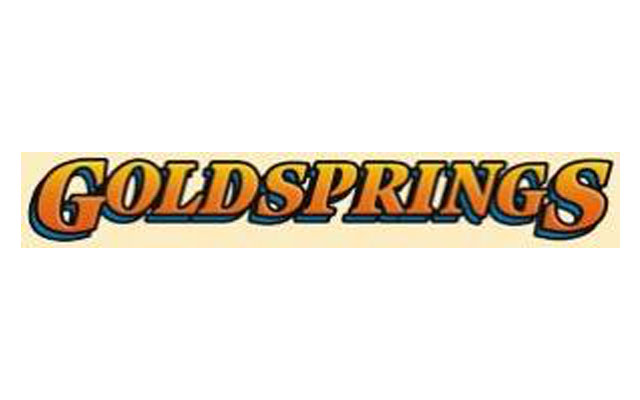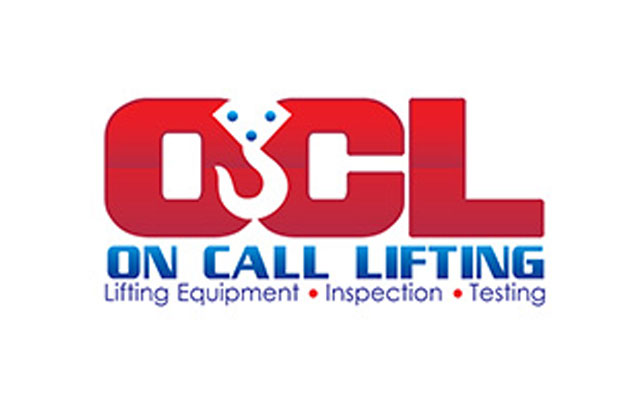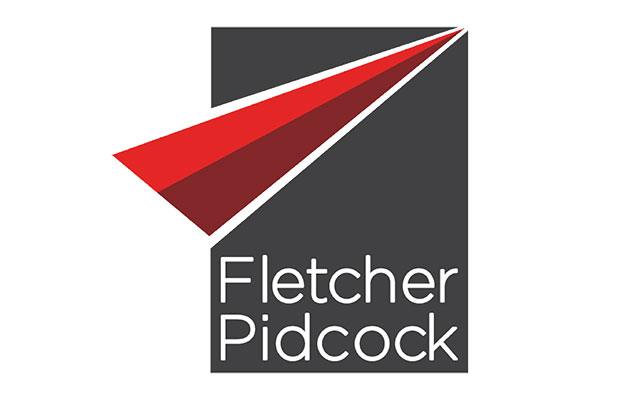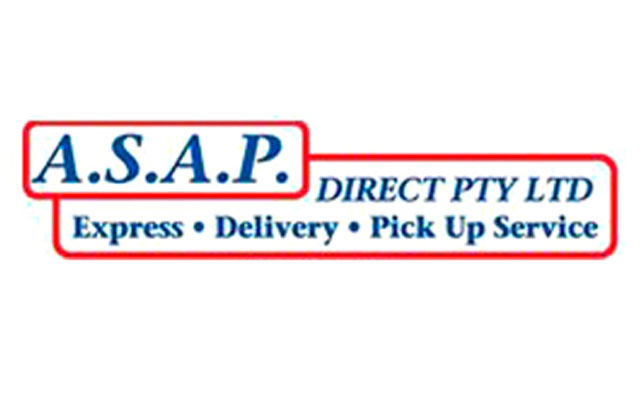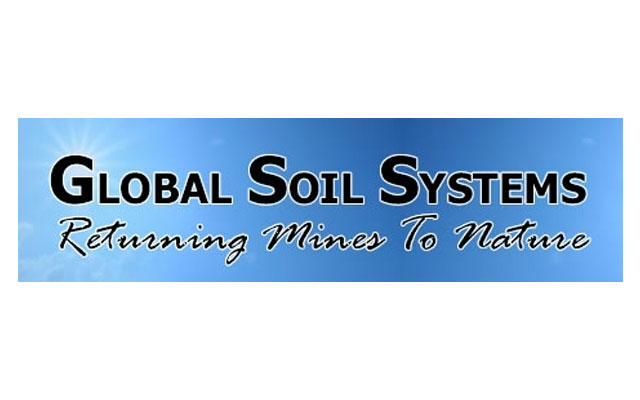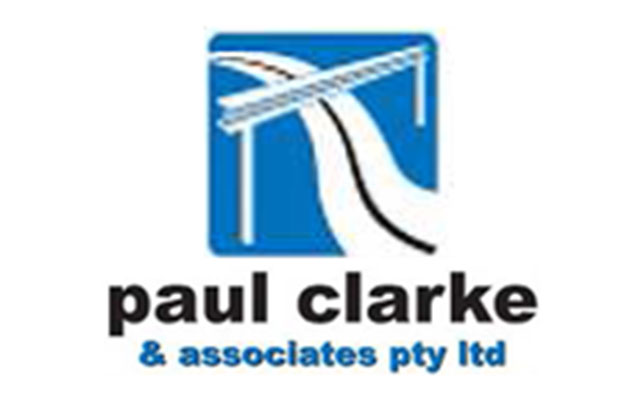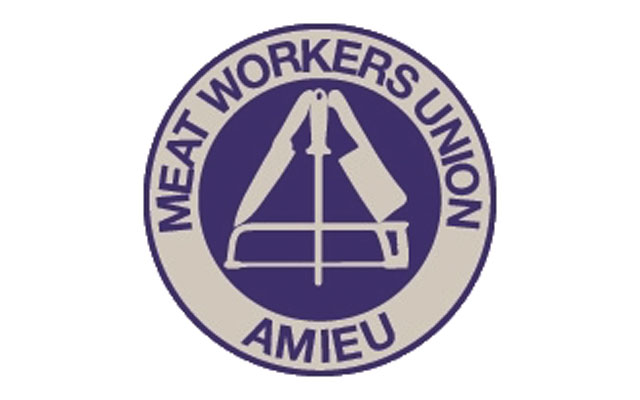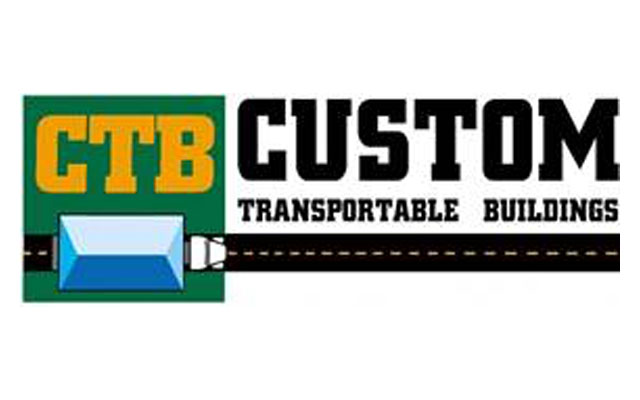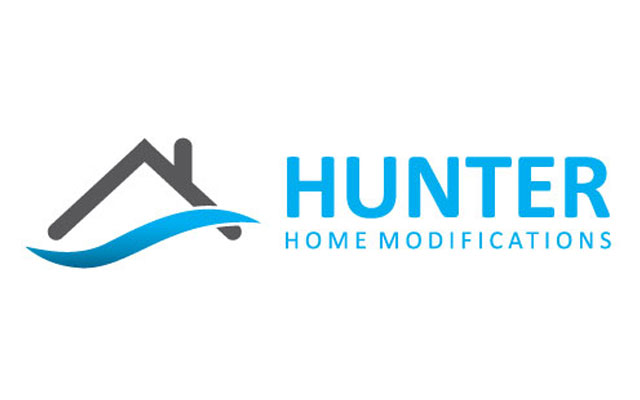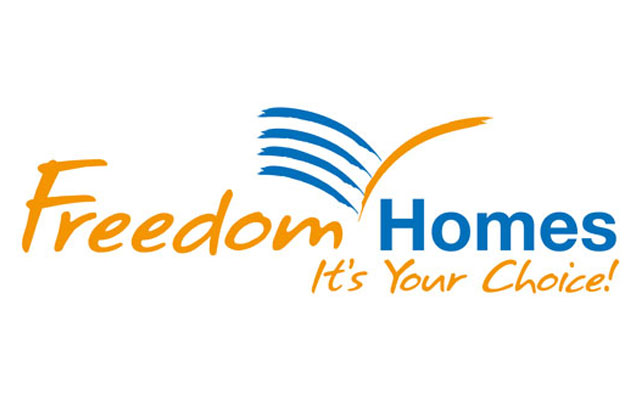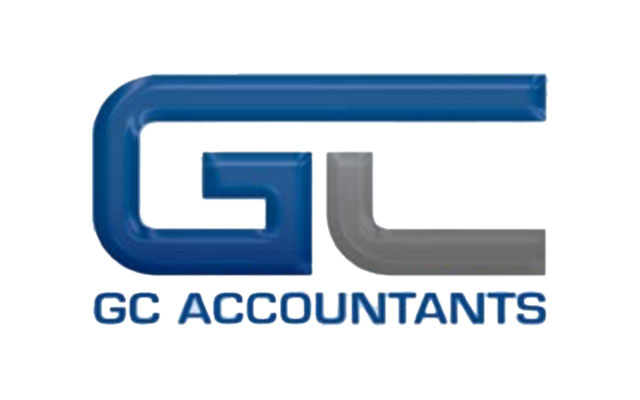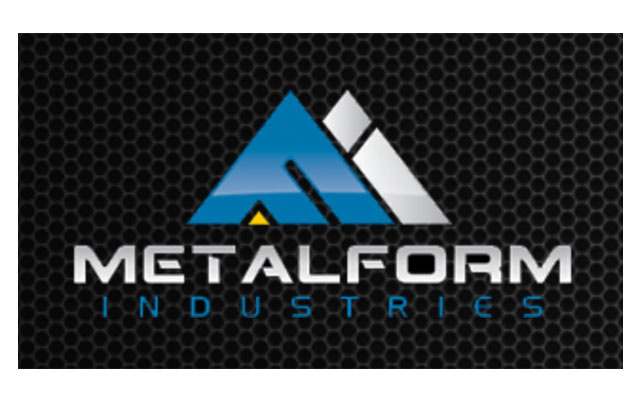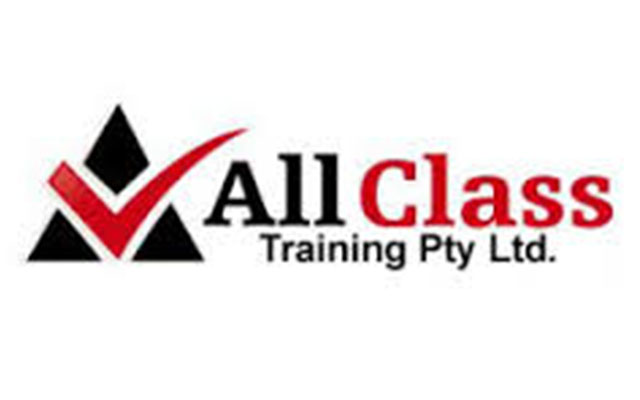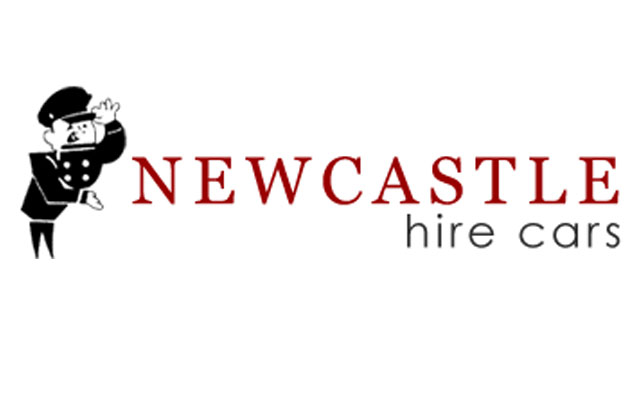Leave your support and troubleshooting to professionals, so that you can concentrate on helping your business to thrive.
That is just the kind of IT support that Goodies Computers provide and with the added advantage that you will always be able to talk to one of our technical support team, who deal with matters directly, sensibly and in language you can understand.
Best of all, we don’t have to disrupt your offices to sort out your problems. With our remote support facilities, we can deal with most software and system problems directly over the internet, so that your machines stay in place, your people stay working and the problems get sorted in a fraction of the time.
Goodies Computers have fixed term support agreements which provide:
- Remote support: taking care of all your business-critical facilities swiftly and unobtrusively, so that the business can keep on running.
- Telephone support: dealing with your queries and suggesting solutions to niggles and glitches as they arise;
- On-site support: tackling hardware problems, replacing faulty parts as applicable.
Whatever the level and type of support is best for you and most effective for maintaining your business IT fitness, Goodies Computers provide it. We look after your IT so that you don’t have to.
- Business-grade ADSL broadband: no more time wasted on slow downloads or waiting for bulky emails
- Web hosting: keeping your website in place and visible at a sensible price
- Server hosting: constant maintenance and impeccable security to give you peace of mind and business flexibility
- Email hosting: advanced email scanning and spam filtering ensuring the security of all systems
- VPN solutions: extending connectivity, improving security and providing you with the opportunity for networking across the country and across the globe
- Domain name registration: taking the anxiety out of keeping your domain name protected
- DNS Hosting and support
A network server is a powerful computer connected to your business network.
Network servers have many functions and can form an important part of your computer network. They are usually used for shared file storage and to run centralised applications, such as your customer database.
Many of the functions traditionally performed by servers can now be carried out through cloud computing instead. However, the cloud has not eclipsed servers and the two technologies are often best-used together.
Do you need an office server?
If your business is faced with issues in any of these areas, it may be appropriate for you to start using a server:
- Sharing information: your network server can run centralised software (like your customer database) or be used to create a company intranet (a kind of private website just for your business)
- Storing files centrally: instead of saving files on individual computers, you can store them securely on your office server
- Controlling user access: a network server makes it easy for you to give different people access to different files, programs or data
- Keeping software updated: with a server, itÃs easier to roll out new software or make changes to all computers on your company network
- Managing security risks: it’s easy to back files up to a central location. And by routing internet access via the server, you can block suspect websites.
You usually only need to back up the server as you have all your business files in one place not scattered between computers.
If your business has more than five computers, the benefits of a server may well outweigh the costs. Smaller companies can see a good return on their investment too, but the benefits may be less immediate.
Server Alternatives
There are some alternatives to a full-blown network server. If you just need somewhere central to store files then a network attached storage (NAS) device could do the job.
A NAS device is a hard drive with a network connection. You simply plug it in to your existing business network in order to save and retrieve files.
Is the cloud killing network Servers?
Recent years have seen cloud computing services emerge as an alternative to running your own network server. With cloud computing, your data is held on a server located outside your business. To access files and services, you log in over the internet.
Individual cloud computing services can help you with specific tasks, like backups or accounting. You can also purchase ëcloud serversà that perform all the functions of an in-house network server.
There are two big differences between cloud services and having your own server:
- Ownership: when you buy a network server for your business, you own it. That server is located on your premises and thatÃs where your data stays. With cloud computing, you pay by the month to use a service.
- Flexibility: cloud services are very flexible, allowing you to add or remove capacity almost instantly. When you run your own server, you have complete control, but you might have to buy extra equipment as your business grows.
When the cloud first took off, the hype suggested in-house servers would soon disappear. But itÃs not worked out that way. Although the cloud is a particularly good option for new businesses or companies with a distributed workforce, there are downsides too. You canÃt do anything without an internet connection and itÃs vital you trust your cloud provider.
Hybrid
In the real world, companies have adopted a blend of server and cloud services. For instance, cloud backup is an excellent way to hold safe data backups in a separate location. You might also use a cloud accounting service because itÃs modern and kept up-to-date as tax rules change. At the same time, you might prefer to keep key customer data on a local server, where you have complete control over it. In any case, it’s wise to seek advice from a reliable IT supplier when considering a server or choosing cloud services.
Choosing your Network Server
Once you’ve established that you need a network server, there are some key considerations when choosing it:
- How many people will use it: a low capacity server may be suitable for up to five people, but the more users you have, the more processing power, memory and storage you will need.
- What you will use it for: some tasks, like saving files centrally, put a relatively low load on the server. Others, such as manipulating a large customer database, demand more.
- Your growth plans: a server is a big purchase and needs to last a while. Five years is typical, so make sure your server is adequate for the long term.
Servers are based on the same technology as most desktop computers. However, they have special features to help them cope with multiple users and heavy loads without failing. There are a few key features to consider:
- A powerful processor: the processor (or CPU) is the engine that drives your server. Look for a CPU with four or eight cores and these effectively deliver four or eight CPUs in one, making the server better at doing several things at once.
- Lots of memory: the memory (or RAM) of an office server helps it handle lots of requests from different users at once. You will need at least 8 gigabytes (GB) and potentially lots more.
- A fast, reliable hard disk: this is where you’ll store important business information. Make sure its big – at least 1,000GB (also called 1TB). Servers often have several hard drives so they can access data faster and reduce disruption if one fails.
The majority of network servers are high-performance PCs, designed specifically to be used as servers. Some come in standard PC cases but many are designed to be mounted on a rack and stored in a server cabinet your network server software. It’s vital to consider the software youÃll be running on your server. Just like a standard computer, every network server needs an operating system.
There are a number of choices for your business. Many companies choose Microsoft Windows Server, because itÃs based on the same Microsoft Windows platform as their other computers. Your server software can end up costing more than the physical server it runs on, so take your time and let us research your options.
One Server Many Jobs
As computer hardware has become more powerful, a technology called server virtualisation has become common. Server virtualisation makes your server more efficient by dividing it into virtual servers. Each of these functions like a separate server in its own right, which means you can use your server to perform more tasks at once.
Network Server Costs
A very basic simple server can cost $800, but is only likely to provide basic services to a small network of around five computers. You need more power to support extra computers, run large databases and handle a large volume of email. High-capacity servers start from around $3,500.
Your network server will become the lynchpin of your business IT systems, so consult Goodies Computers and build a comprehensive set of IT requirements before you purchase.
Networking Services and Cabling
We can source and supply the latest Networking hardware to suit your particular needs and the business requirements. Like computers and servers these can vary greatly as does the price.
We generally work with a trusted and certified network cabling company if we need to have network cabling installed or tested. This can be all project managed by us.
Let Goodies Computers take the worry out of IT.


